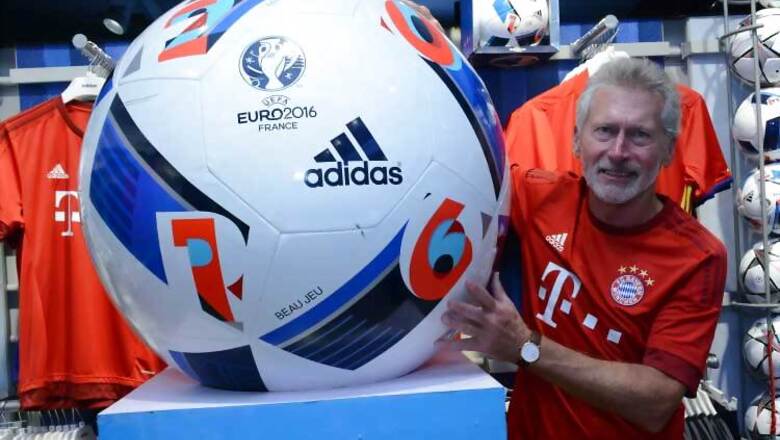
views
Paul Breitner, the former West Germany, Bayern Munich and Read Madrid defender, belongs to an era when football was played for passion and money was nearly non-existent factor. In the modern era, he is not averse to the idea of current footballers signing multi-million dollar deals, provided they are giving something back to the sport.
The German, though, is of the purist category, thinking money can benefit football only if it is invested in the right way. As the player known for his firm belief and strong opinions in his heydays, Breitner feel India and China are not on the right track when their clubs sign former ace footballers for millions of dollars. For him, the goal of both the countries to take football to greater heights can be met only if they spend money smartly on basic infrastructure as well as the training of coaches and players from their own country.
"It can be good for entertainment purpose but the level of football in India and China won’t improve with having just a handful of good international stars. As I have said earlier also, don't spend most of your money on international players, spend it on learning, teaching and coaching of players and coaches," Breitner told Footballnext during his Mumbai visit last week.
He was in the country to attend the Adidas FC Bayern Youth Cup India 2016 - an under-16 seven-a-side inter-school football tournament - and also to launch Euro 2016’s official match ball.
While the likes of Italian forward Alessandro Del Piero, World Cup winners Roberto Carlos of Brazil and Frenchman Nicolas Anelka are parts of the Indian Super League (ISL) in different capacities, the Chinese Super League clubs of late have spent mind-boggling amounts to have Ivory Coast's Didier Drogba, former Chelsea and Brazil star Remires and his compatriot Alex Teixeira on their rolls.
Breitner, 64, however, is not against players’ earning fat pay cheques because according to him, despite money being a distraction, the players' technique in the last decade has improved by leaps and bounds.
“In terms of money-generation and technique, football has reached another level from the time I played three-four decades back. Five-six years back, Barcelona invented fast-paced one-touch-pass football under Pep Guardiola and today no team can win big tournaments without following this technique. This is something good for the game as I appreciate invention and reinvention,” he said.
He is hopeful that with systematic development, India can also be a force to reckon with in world football. "India should spend a lot of money to take their coaches to Europe and to bring European coaches here. This should be the basics for very high level of football in India. I am sure you can become a great footballing nation in the next 15-20 years."
The rising spending capacity of Indian middle-class has been attracting it to sports faster than ever in the last decade and many foreign clubs now see the country as an emerging potential market. The likes of Manchester United, Atletico Madrid and Bayern Munich are associated with Indian clubs, schools or academies in some way or the other. Does Bayern also aim to capture burgeoning market?
Breitner said: “Bayern don't think in terms of market. I am travelling over the years from country to country to share my ideas with young footballers and coaches. In India, I am not on any talent scout, but I will share my knowledge with participants in the school-level competition.
“I am sure that this tournament (FC Bayern Youth Cup) will help Indian kids to become better footballers because the winner of the tournament will fly to Munich to spend a week at the club's academy. I am sure it will help them pick some new ideas about training and coaching.”
At the age of 64, he can be good enough to impart theoretical knowledge of football, but in his prime, Breitner's impregnable defence created fear in the minds of his opponent forwards. In the 1970s and early 1980s, Brietner, with fellow German aces Franz Beckenbauer and Berti Vogts, formed the world’s best defence.
While he stood like a wall for Munich's rival forwards in the company of club's current president Karl Heinz Rummenigge, he is one of the four footballers to have scored goals in two different World Cup finals.
His moment came in 1974 when his penalty equalised the score for West Germany who eventually beat Netherlands 2-1 to clinch their second world title. Breitner scored his other World Cup goal in the 1982 edition, but this time West Germany were on the losing side, a kind of experience he always wants to wipe out from his memories.
“It’s true that I scored in two World Cup finals but I don’t want to remember my second goal as West Germany lost. Losing the World Cup final was the biggest defeat for me. You can't imagine the sadness I went through. So I remember only the 1974 goal.”
Breitner belongs to the country which has the distinction of reaching the maximum World Cup finals. While on four occasions they emerged triumphant, on as many times they were reduced to bridesmaid’s role.
The German feels strong coaching-system at school level and the extraordinary passion for the sport in Germany makes it a football powerhouse.
“Germany is the world's strongest football nation, stronger than Brazil. We have a nation where 90 percent people are passionate for football. The kids start playing football from the age of 3-4 at clubs under the watchful eyes of very good coaches. They learn football correctly, perfectly from the age of 4 to 10. Their basics are strong, they come through a proper system and that helps Germany win so many Cups and trophies.”
His former club Bayern will also go through a major change as their manager Pep Guardiola will be replaced by Carlo Ancelotti, who is regarded as the most successful coach in the history of the Champions League with three titles. But Breitner sees no major changes coming as Italian Ancelotti joins the club next season.
“There may be a few small changes, but no big change will happen for sure. It’s like the team is doing good, one good coach is going and another good one is coming, and I don’t think he will be interested in doing many experiments with a good combination,” Breitner signed off.












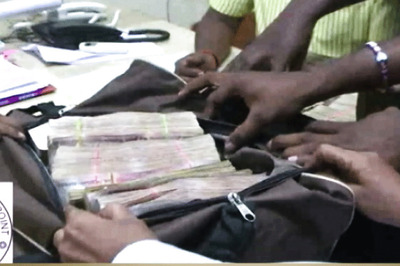
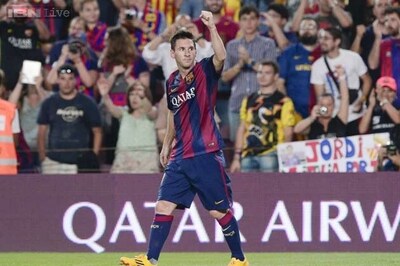
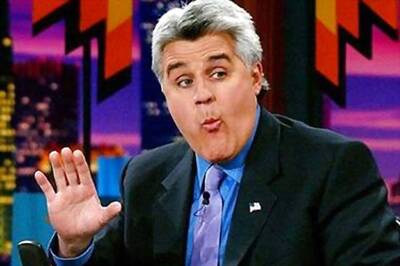

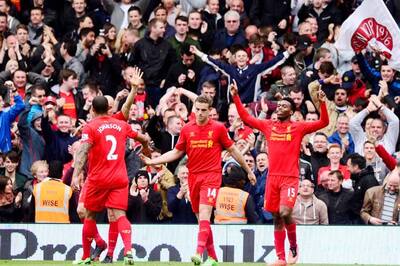

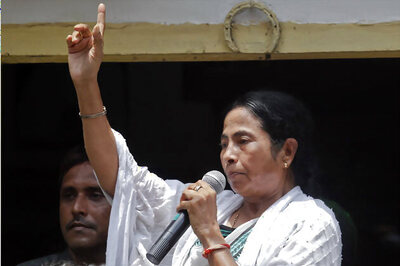
Comments
0 comment